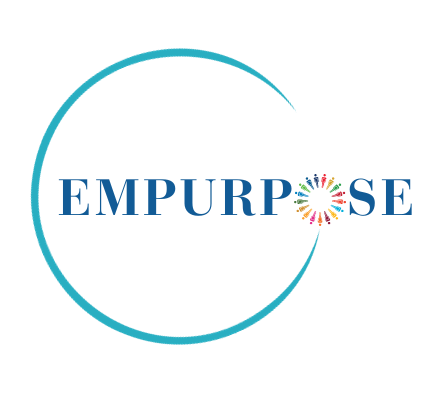MIND newsletter: Self-help: Me or We?
Happy Saturday everyone! 😉
1. M (Challenge your mindset)
I have to admit myself that I fail to resist the allure of self-help books, with around 70-80% of the knowledge materials I consume often falling into this category. There was a sense of comfort in delving into these books and podcasts, as if by working on my inner self, I could somehow solve all my problems and gain control over my life. At least I used to believe in that transformative power.
Lately, I have come to realize the dangers inherent in this line of thinking.
I came to learn that the publishing phenomenon surrounding self-help books operates under a different set of rules compared to other categories. While books in other genres undergo rigorous censoring processes, self-help books seem to enjoy a more lenient, if not non-existent, barrier to entry. Curiously, they often receive significant support from the government.
Why are parties in power (government, employers in the context of the world of work…) so accommodating and supportive of self-help books?
This research (du Plessis, E. M., 2021) highlighted several interesting aspects of self-help books:
According to popular self-help literature, the road to happiness and success is largely a matter of independence, autonomy and ‘being yourself’. The subject of self-help should not be limited by other people’s expectations and social norms, but rather live its life ‘authentically’.
du Plessis, E. M., 2021 Tweet
Is there anything inherently problematic about the pursuit of embracing one’s true self and striving for authenticity? The following excerpt from the article sheds light on this:
… the notion of the lacking subject constantly working to secure its identity has also been described as a form of post-bureaucratic ‘control’, which ‘disciplines ’individuals into being (more) productive and obedient employees (Garsten and Grey 1997)… suggested that self-help books create ‘belaboured’ selves in the sense that ‘workers are asked to continually work on themselves in efforts to remain employable and reemployable, and as a means of reconciling themselves to declining employment prospects’(2005, 16). Furthermore, this intense work on the self has been critiqued for its tendency to individualize structural problems and frame them in terms of (in)adequate self-management (Rimke 2000). When we obsess about our own individual shortcomings, we tend to neglect the structural issues which often play a significant role in contributing to whatever malaise we are experiencing.
du Plessis, E. M., 2021 Tweet
Somewhere in my readings (unfortunately, I can’t recall the exact source), I came across an interesting observation: regions where the consumption of self-help books thrives tend to have lower rates of protest and engagement in social justice movements. It seems there is a correlation with the neglect of structural issues mentioned earlier.
I do not intend to completely dismiss the benefits of self-help materials, as they have undoubtedly aided my personal growth journey. However, it prompts us to reflect on a crucial question: how do we strive to become a better version of ourselves yet active assertive citizens?
2. I (I’m my own coach)
A pretty simple way to assess whether our personal growth serves inward or outward purposes:
Firstly, reflect on your personal development outcomes by identifying strengths, skills, and lessons learned from your self-improvement efforts. For instance, you may have developed non-judgmental attitudes, improved listening skills, practiced self-care, fairness, and kindness.
Secondly, consider specific examples of how you express and utilize these qualities. Evaluate whether their application is predominantly focused on yourself, others, or the environment around you.
Thirdly, compare these examples on 2 scales:
Determine if you find it easier to express these qualities inwardly (toward yourself) or outwardly (toward others)
Analyze whether these qualities are primarily employed to address individual issues or structural issues.
By employing this approach, you can gain insights into whether your personal development efforts are predominantly oriented towards self-service or if they extend outwardly to benefit others and tackle broader societal challenges.
If there’s an imbalance between inward-focused and outward-focused expression, what factors could have contributed to it?
4. D (Do)
What is one action you can take to achieve a balance?
References
du Plessis, E. M. (2021). How to perpetuate problems of the self: applying Foucault’s concept of problematization to popular self-help books on work and career. Culture and Organization, 27(1), 33-50.



